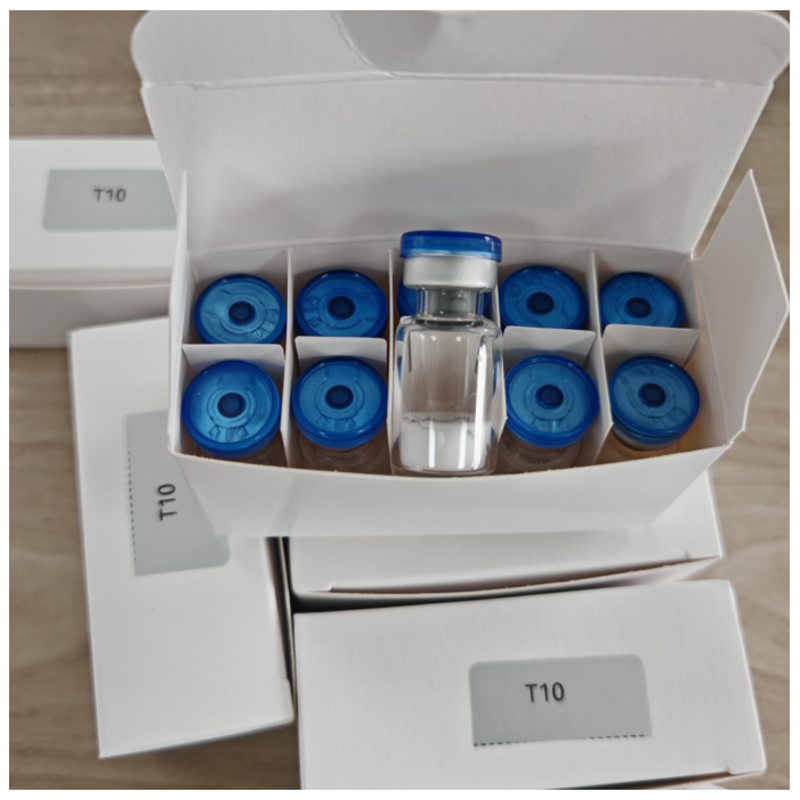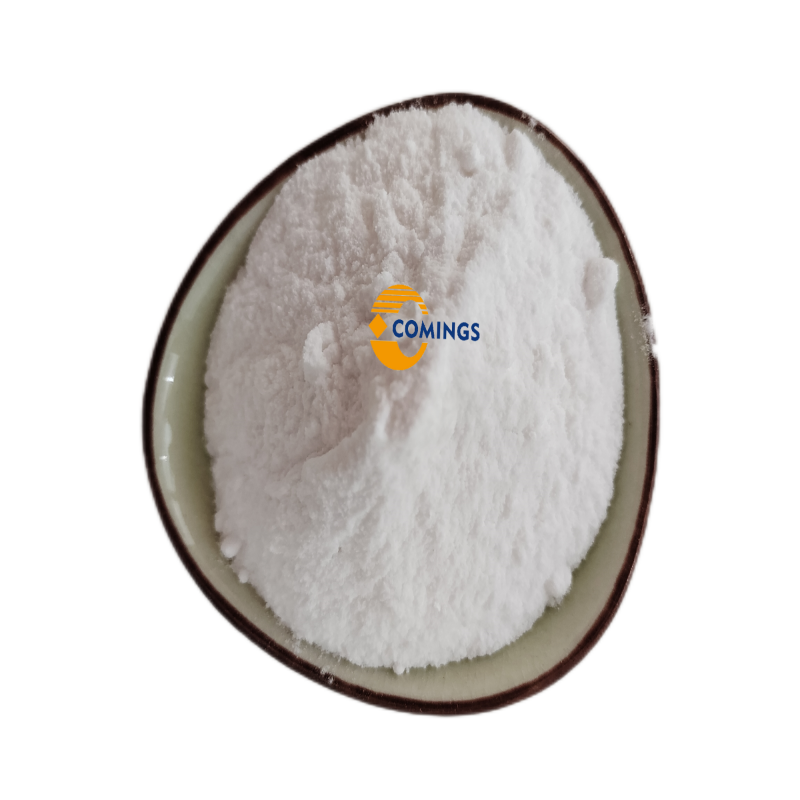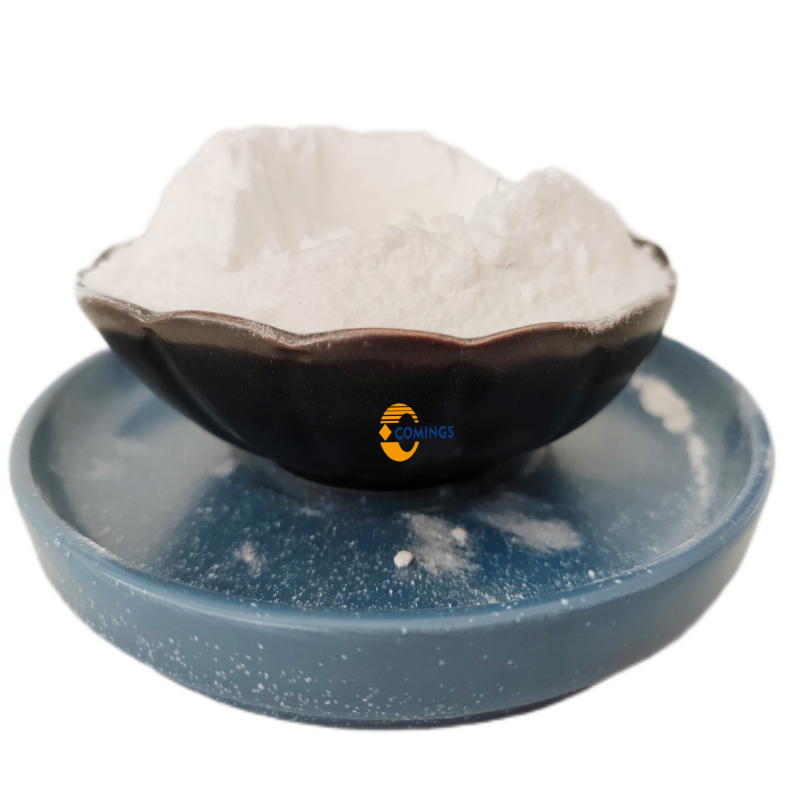-
Categories
-
Pharmaceutical Intermediates
-
Active Pharmaceutical Ingredients
-
Food Additives
- Industrial Coatings
- Agrochemicals
- Dyes and Pigments
- Surfactant
- Flavors and Fragrances
- Chemical Reagents
- Catalyst and Auxiliary
- Natural Products
- Inorganic Chemistry
-
Organic Chemistry
-
Biochemical Engineering
- Analytical Chemistry
-
Cosmetic Ingredient
- Water Treatment Chemical
-
Pharmaceutical Intermediates
Promotion
ECHEMI Mall
Wholesale
Weekly Price
Exhibition
News
-
Trade Service
The triptorelin is a synthetic peptide hormone that is commonly used in the treatment of advanced prostate cancer.
It is also known as gonadotropin-releasing hormone (GnRH) agonist.
The triptorelin molecule is composed of 19 amino acids and it is synthesized through a process of chemical synthesis.
The upstream products of triptorelin are the raw materials required for its production.
These include the amino acids alanine, glutamic acid, aspartic acid, arginine, lysine, and tryptophan, which are the building blocks of the triptorelin molecule.
These amino acids are obtained from various sources, including plant and animal sources, and are purified and processed before they are used in the production of triptorelin.
The downstream products of triptorelin are the products that are derived from the triptorelin molecule after it has been synthesized.
These include the various formulations of triptorelin that are used for the treatment of prostate cancer.
These formulations may include capsules, injections, and implants, and are designed to deliver the triptorelin molecule to the patient's body in a controlled and effective manner.
In the chemical industry, the production of triptorelin involves several steps, starting with the purification and synthesis of the raw materials, followed by the process of chemical synthesis to produce the triptorelin molecule.
The final step involves the formulation of the triptorelin molecule into various products that can be used for the treatment of prostate cancer.
The production of triptorelin is a complex process that requires a high level of technical expertise and equipment.
The raw materials must be purified to a very high level of purity, and the production process must be carefully controlled to ensure that the final product meets the required specifications for purity and efficacy.
The production of triptorelin is also an expensive process, as it requires the use of specialized equipment and the employment of highly skilled personnel.
The cost of raw materials, equipment, and labor all contribute to the overall cost of production, which can be quite high.
This is one of the reasons why triptorelin is a relatively expensive treatment option for prostate cancer.
Despite the high cost, triptorelin has been shown to be an effective treatment option for advanced prostate cancer.
It works by suppressing the production of luteinizing hormone (LH) and follicle-stimulating hormone (FSH), which in turn reduces the production of testosterone in the body, leading to a reduction in the size of the prostate gland.
In conclusion, triptorelin is a synthetic peptide hormone that is used in the treatment of advanced prostate cancer.
It is produced through a complex process involving the purification and synthesis of raw materials, followed by chemical synthesis to produce the triptorelin molecule.
The final step involves the formulation of the triptorelin molecule into various products that can be used for the treatment of prostate cancer.
The production of triptorelin is a complex and expensive process, but it has been shown to be an effective treatment option for advanced prostate cancer.







